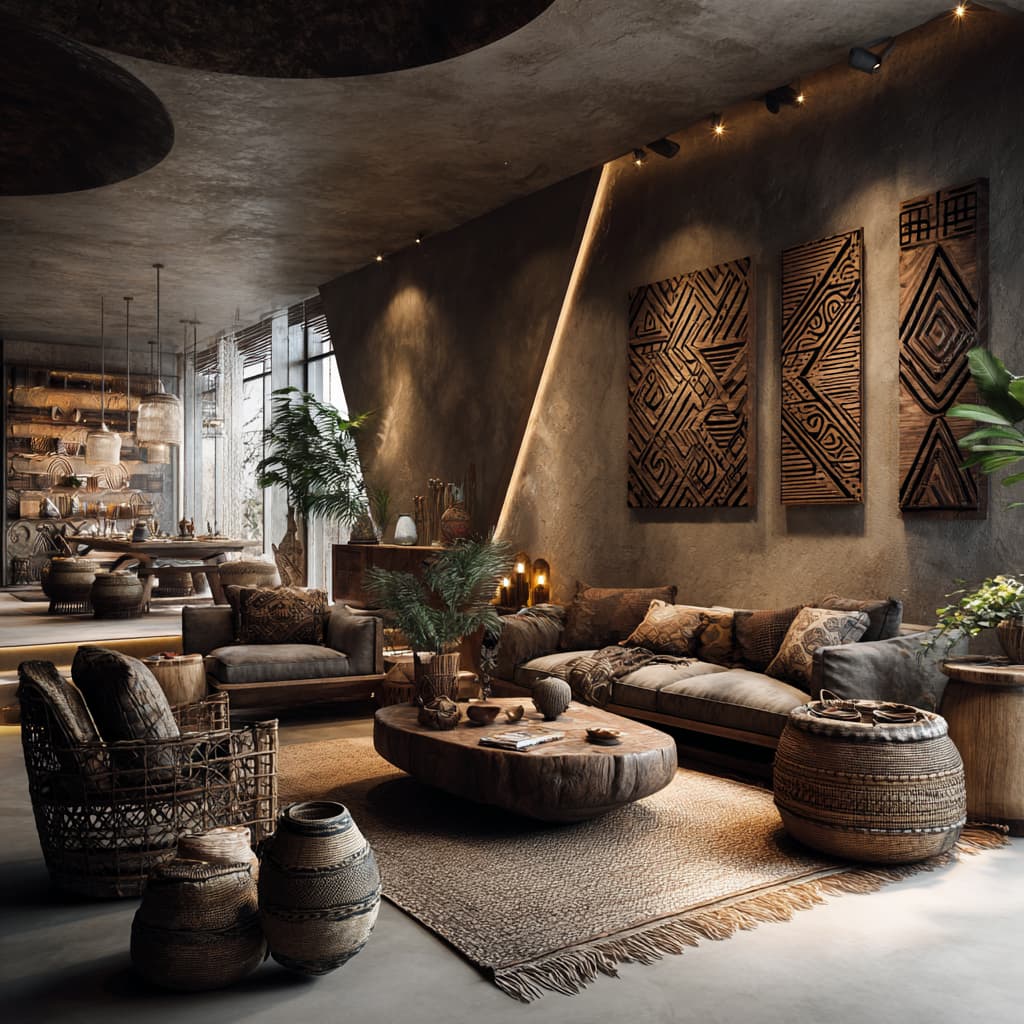
In today’s interconnected world, embassies play a role far beyond political negotiations and consular services. Increasingly, they have become vibrant cultural hubs, acting as bridges between nations and promoting the richness of their home country’s heritage. For Ghana, whose cultural legacy is both deep and diverse, embassies across the globe are essential in sharing its art, traditions, music, cuisine, and values with an international audience. This cultural diplomacy builds understanding, fosters mutual respect, and creates lasting connections between peoples.
Beyond Politics: The Expanding Role of Embassies
Traditionally, embassies have been seen as places for political dialogue, diplomatic negotiation, and the protection of citizens abroad. However, modern embassies now recognize that cultural engagement is just as vital for strengthening bilateral relationships. Through cultural events, exhibitions, and educational programs, embassies can influence perceptions, dispel stereotypes, and introduce their countries in a positive, engaging light.
For Ghana, a country known for its warmth, creativity, and rich traditions, embassies serve as ambassadors of culture-opening doors to new friendships and collaborations.
Showcasing Ghanaian Art and Handicrafts
One of the most effective ways embassies promote Ghanaian culture is by showcasing the nation’s vibrant art scene. Ghanaian art is a celebration of color, history, and social commentary. Embassies organize exhibitions of contemporary painters, sculptors, and photographers, as well as displays of traditional crafts like kente weaving, bead-making, and woodcarving. These exhibitions are often held in collaboration with local galleries, cultural centers, or international art festivals.
Through such initiatives, visitors experience the creativity and skill of Ghanaian artisans, while Ghanaian artists gain global exposure and new opportunities. These exchanges also encourage cross-cultural artistic collaboration, enriching both the host country and Ghana itself.
Celebrating Ghanaian Music and Dance
Music and dance are at the heart of Ghanaian culture. From the rhythmic beats of the djembe drum to the soulful sounds of highlife and hiplife, Ghana’s musical heritage is world-renowned. Embassies regularly organize concerts, dance workshops, and music festivals to share these sounds with international audiences.
Live performances of traditional dances-such as Adowa, Kpanlogo, and Agbadza-offer audiences a glimpse into Ghana’s history, spirituality, and communal spirit. Often, these events are interactive, encouraging participation and fostering a sense of unity and joy.
By bringing Ghanaian music and dance to global stages, embassies inspire curiosity, challenge stereotypes, and create positive associations with Ghana.
Ghanaian Cuisine: Sharing a Taste of Home
Food is a universal language, and embassies know that the way to many hearts is through the stomach. Ghana’s cuisine is celebrated for its bold flavors, aromatic spices, and communal style of dining. Embassies frequently host culinary events-ranging from food fairs and pop-up restaurants to cooking demonstrations and tasting sessions.
Popular dishes like jollof rice, banku with tilapia, kelewele, and groundnut soup are introduced to new audiences. These events often involve Ghanaian chefs or home cooks sharing their recipes and culinary techniques, making Ghanaian food more accessible and demystifying unfamiliar ingredients.
Such culinary diplomacy is not only delicious but also builds bridges, sparking conversations about culture, migration, and shared traditions.
Language, Literature, and Storytelling
Ghana is a land of storytellers, and its rich oral and literary traditions are celebrated around the world. Embassies promote Ghanaian literature through book launches, readings, and literary festivals. These events showcase works by Ghanaian authors-both established and emerging-and offer opportunities for dialogue about identity, history, and social change.
Language classes or workshops may also be organized, introducing participants to Akan, Ewe, or other Ghanaian languages, and deepening appreciation for the diversity within Ghana.
Storytelling sessions, sometimes accompanied by music or dance, captivate both children and adults, making Ghanaian heritage come alive.
Engaging Youth and Diaspora
Embassies often act as centers for the Ghanaian diaspora, providing a space for Ghanaians abroad to connect with their roots and share their culture with younger generations. Youth programs, heritage days, and cultural camps help keep traditions alive and foster a sense of pride and belonging.
Additionally, embassies collaborate with local schools and universities to introduce Ghanaian culture into curricula, host student exchange programs, or facilitate cultural workshops. These initiatives not only strengthen ties between Ghana and host countries but also prepare young people to be global citizens with an appreciation for diversity.
Building Partnerships and Networks
Cultural promotion is most effective when embassies build partnerships with local governments, NGOs, cultural institutions, and businesses. Joint projects-such as art exhibitions, music collaborations, or co-hosted festivals-expand the reach and impact of Ghana’s cultural diplomacy.
These networks open doors for Ghanaian artists, musicians, and entrepreneurs, fostering economic opportunities and innovation. Cultural engagement can even pave the way for trade missions, tourism development, and long-term investment.
The Impact of Cultural Diplomacy
The embassy’s role as a cultural hub benefits both Ghana and host countries. For Ghana, it strengthens national identity, builds international goodwill, and creates new avenues for cultural and economic exchange. For host communities, exposure to Ghanaian culture promotes tolerance, understanding, and mutual respect.
Especially in today’s world-where misunderstandings and divisions can arise-cultural diplomacy is a powerful tool for unity. Ghana’s embassies are not just outposts of government; they are living, breathing centers of connection.
Conclusion: A Bridge Across Borders
The work of Ghana’s embassies as cultural hubs continues to grow in importance. Through art, music, food, language, and storytelling, they weave a tapestry of understanding that transcends borders. Whether you are a Ghanaian living abroad, a lover of world cultures, or simply curious, the doors of the embassy are always open-inviting you to discover, celebrate, and share in the beauty of Ghana.
In a world that is ever more connected, the role of the embassy as a cultural bridge is essential. By promoting Ghanaian culture abroad, embassies create lasting bonds and ensure that the heartbeat of Ghana resonates far beyond its shores.